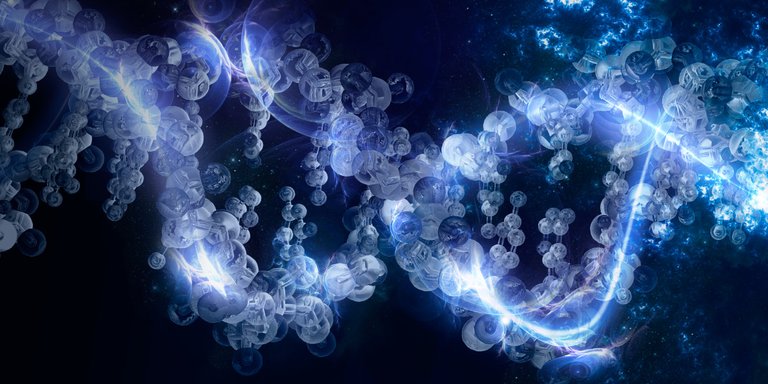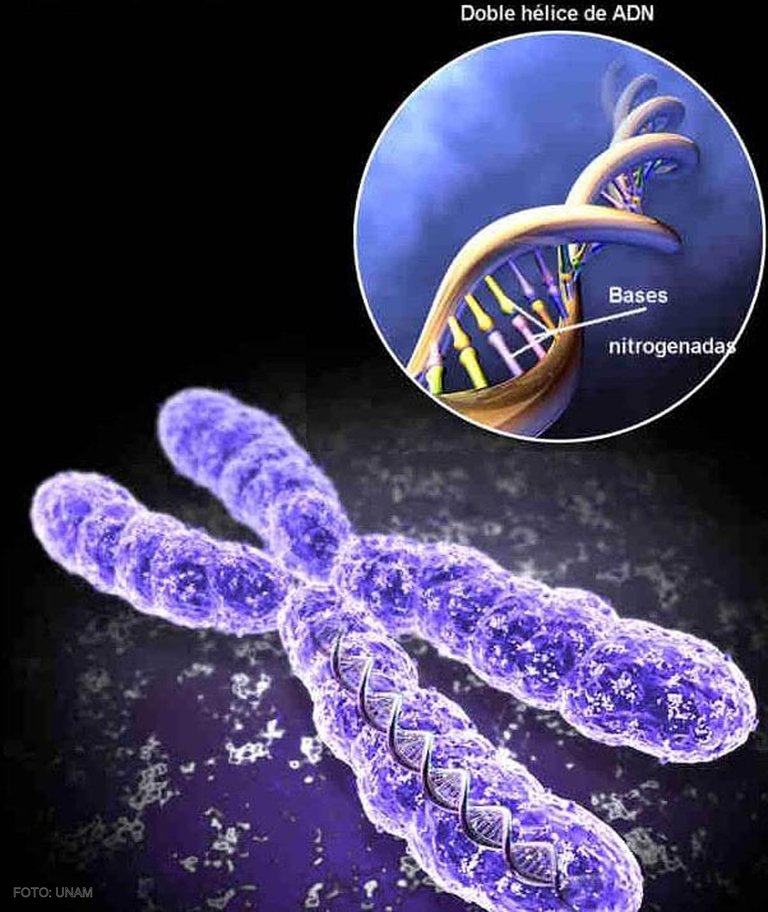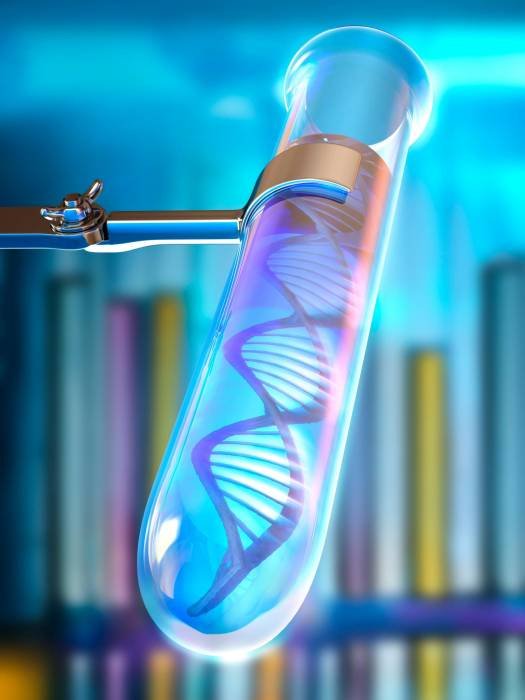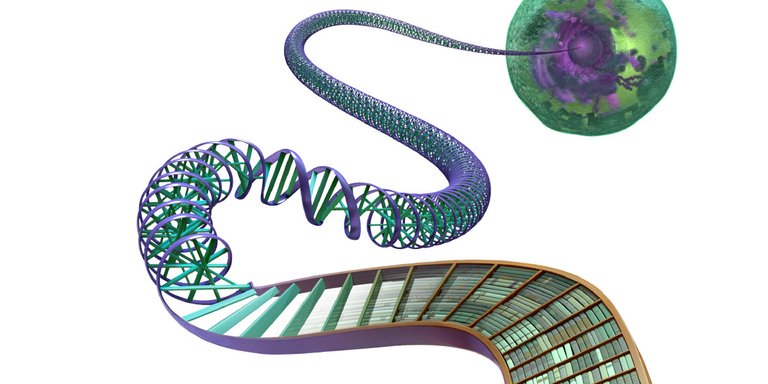
Have you run out of memory on your phone? Perhaps you have had to free up space to perform some tasks on your mobile or computer. Although technology advances every day and electronic devices have greater capacity, scientists seek to revolutionize current digital storage systems by imitating a much more advanced natural system: DNA.
The DNA of a cell contains billions of biological data that are preserved for a very long time.

According to Nick Goldman, from the European Institute of Bioinformatics, information can be extracted from DNA, from the bones of a mammoth and still it could be read and understood. In addition, it is incredibly small and dense - he adds -, and does not need electricity, so it is very easy to maintain and transport.

A team of researchers has managed to store images and text and audio files in artificial DNA, as is done with digital devices, and then extract them without any error. Scientists believe that, over time, one gram of artificial DNA could store the information of 3,000,000 (three million) disks for hundreds, or even thousands of years. In principle, this system could store all the digital information on the planet. That's why DNA has been called "the latest in hard drives."
Incredible! If a gram of DNA can store so much information, imagine how much biological data each of us stores in our wonderful bodies. For example: The cell of a bacterium contains information that would fill a 1,000-page book. Without a doubt, DNA is one of the largest storage capacities in the universe.

★━━━━━━━━━━━━━━━━━━━━★★━━━━━━━━━━━━━━━━━━━━★★━━━━━━━━━★

THANK YOU FOR READING!
Info taken from JW.ORG
Images: JW.ORG, GOOGLE IMAGES